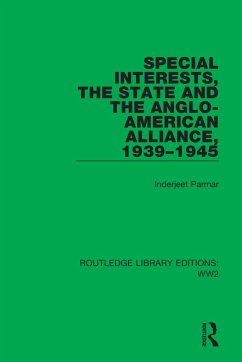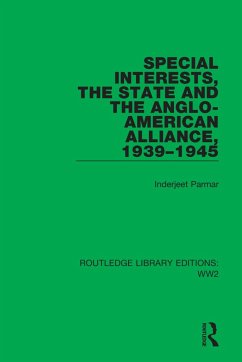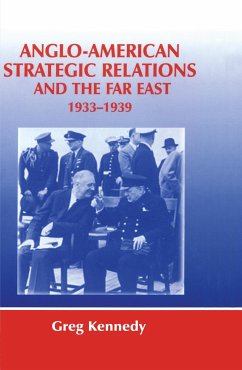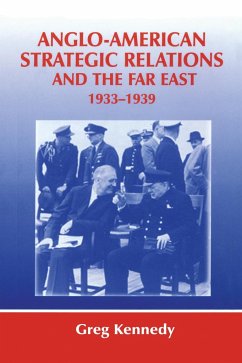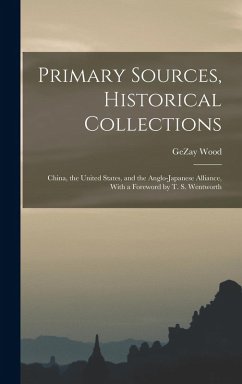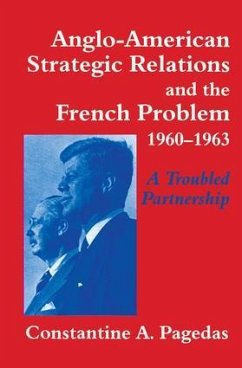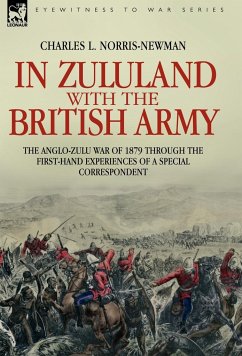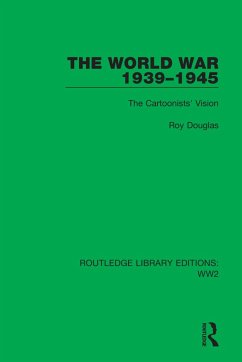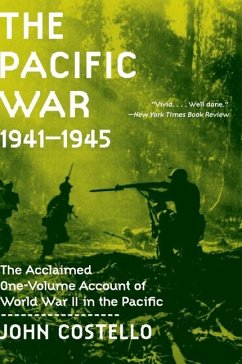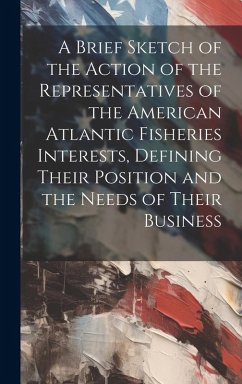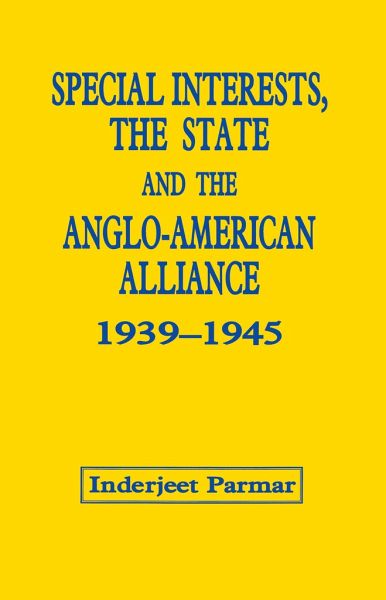
Special Interests, the State and the Anglo-American Alliance, 1939-1945
Versandkostenfrei!
Versandfertig in 1-2 Wochen
113,99 €
inkl. MwSt.
Weitere Ausgaben:

PAYBACK Punkte
57 °P sammeln!
The Anglo-American alliance has formed the foundation stone of British foreign policy in the post-1945 period and has proved a vital element in the international economic, political and military framework within which Britain has sought to define its global role. This book enhances our understanding of Anglo-American relations by examining the origins of the alliance during the Second World War, linking alliance-formation to the distribution of power in Britain and to its changing global position. Through probing the roles and rationales of powerful elites and state institutions in the making ...
The Anglo-American alliance has formed the foundation stone of British foreign policy in the post-1945 period and has proved a vital element in the international economic, political and military framework within which Britain has sought to define its global role. This book enhances our understanding of Anglo-American relations by examining the origins of the alliance during the Second World War, linking alliance-formation to the distribution of power in Britain and to its changing global position. Through probing the roles and rationales of powerful elites and state institutions in the making of British foreign policy, insights are gained into the principal forces that guide state behaviour and inter-state relations. This study analyses the activities of key special interest groups (including the FBI, the RIIA, the EIA, the TUC, the City and the political parties) and of the official policy-making agencies (the Cabinet, Foreign Office, Board of Trade and Treasury) in addressing the question of who rules Britain. The special interest groups selected are wide-ranging in their membership, political affiliations, sympathies and ideological viewpoints. The examination of their influence in the foreign policy process creates new perspectives on the structure of power in Britain, the channels of influence that flow from private interests to public offcials - and vice versa - illuminating the cohesive nature of the British elite, and the boundaries of legitimate debate and dissent in a democratic society.





